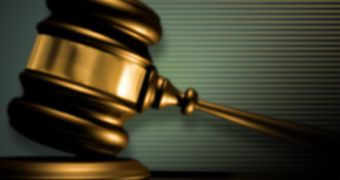Lodsys is accusing several iOS developers of patent infringement and is now ramping up its efforts to obtain licensing fees from the studios whose applications use the in-app purchase mechanism.
Lodsys filed a suit against seven developers, including Combay, Iconfactory, Illusion Labs, Machael G. Karr, Quickoffice, Richard Shinderman, and Wulven Games.
Regarded as a patent troll by the Apple blogosphere in recent weeks, Lodsys had originally granted developers 21 days to negotiate a license. Should an agreement not be reached, Lodsys would sue.
However, since Cupertino decided to back these developers, saying “Apple is undisputedly licensed to these patent and the Apple App Makers are protected by that license,” Lodsys decided to initiate its lawsuits early.
“Lodsys chose to move its litigation timing to an earlier date than originally planned, in response to Apple's threat, in order to preserve its legal options,” the patent holder said in a blog post.
One post on the Lodsys blog explains why and how they are disputing Apple's allegations that developers are under some sort of Apple-branded protective layer.
The company states that “[Apple's] letter was very surprising as Apple and Lodsys were in confidential discussions and there was clearly disagreement on the interpretation of the license terms of Apple's agreement.”
“Before, during and after these interactions, Lodsys has carefully considered this issue and consulted several legal experts to consider Apple's claims. We stand firm and restate our previous position that it is the 3rd party Developers that are responsible for the infringement of Lodsys' patents and they are responsible for securing the rights for their applications,” says Lodsys.
The firm strongly urges the developers in question to review their agreements signed with Apple.
Lodsys also said that a detailed legal response has been sent to Apple. They reportedly even told Cupertino to publish it.
In another post, they said they would give $1,000 to any developer that they may have improperly targeted with their infringement notice.

 14 DAY TRIAL //
14 DAY TRIAL //